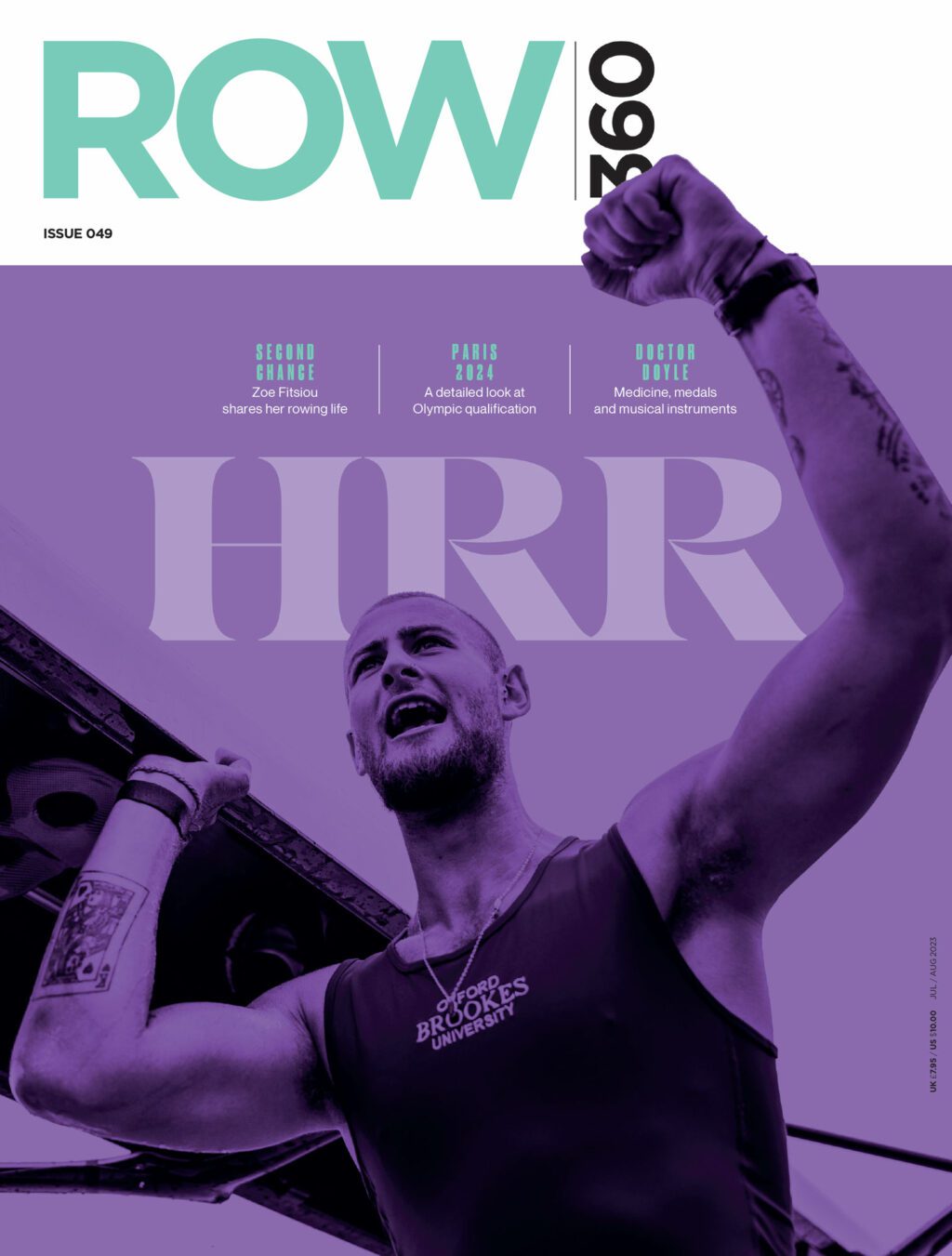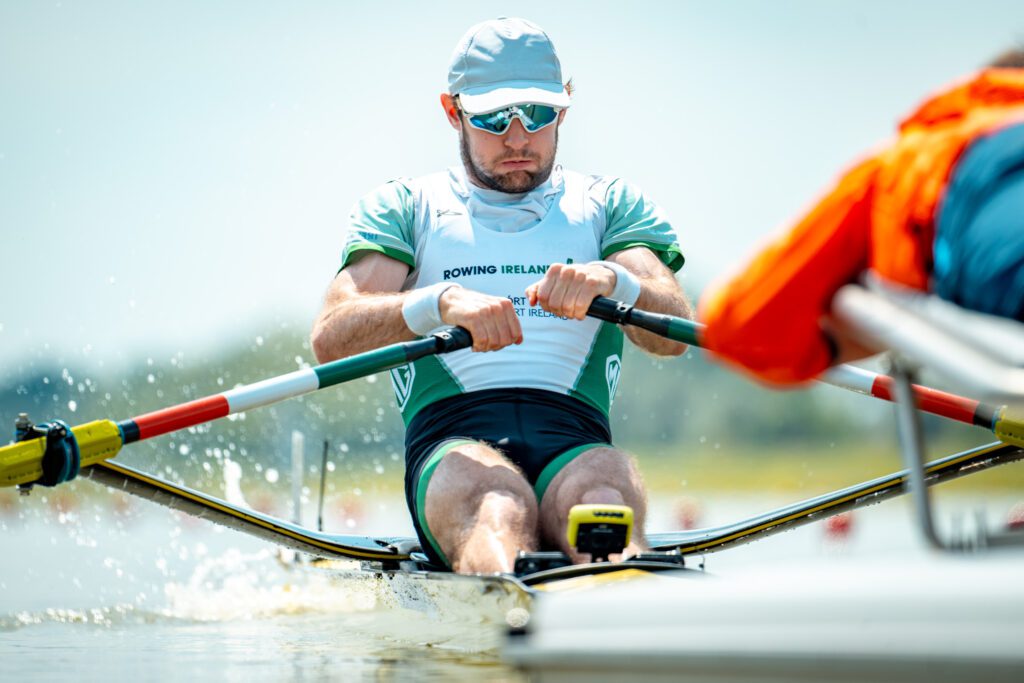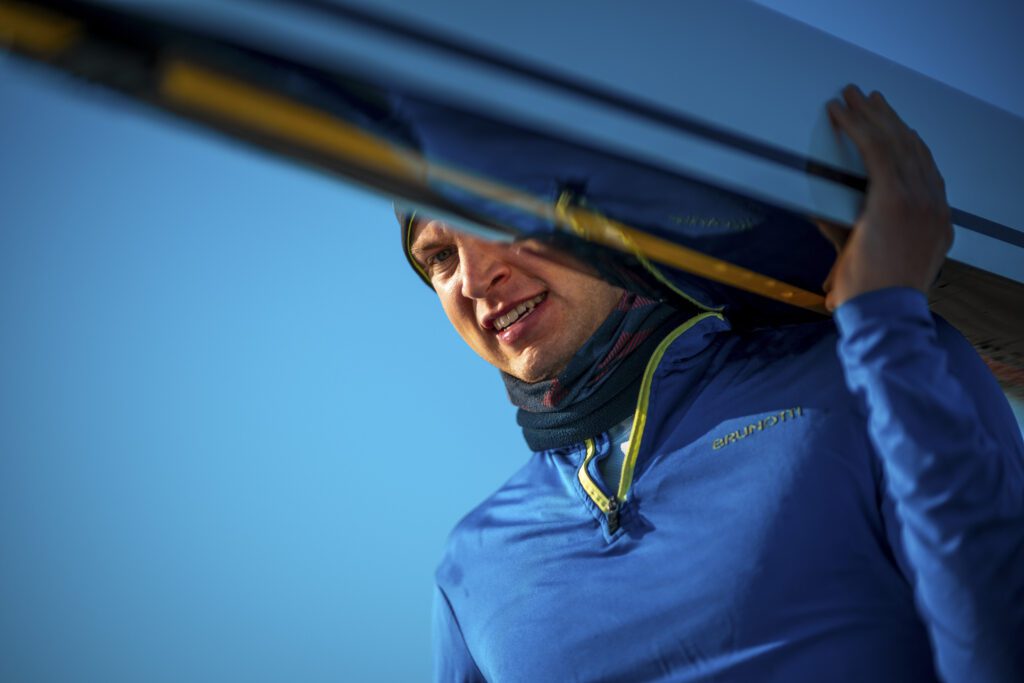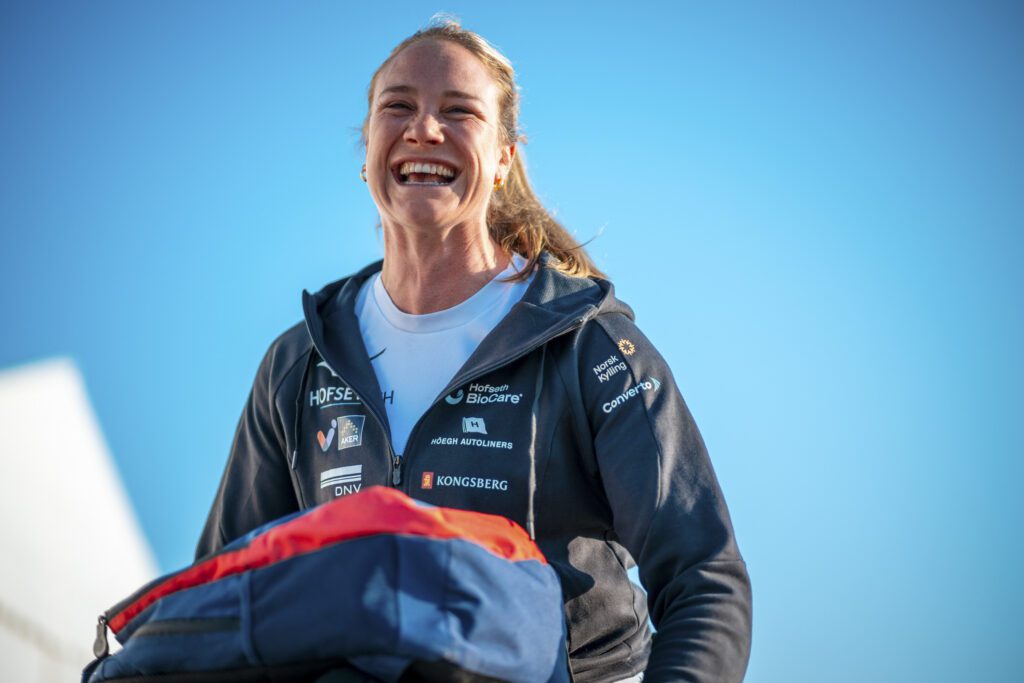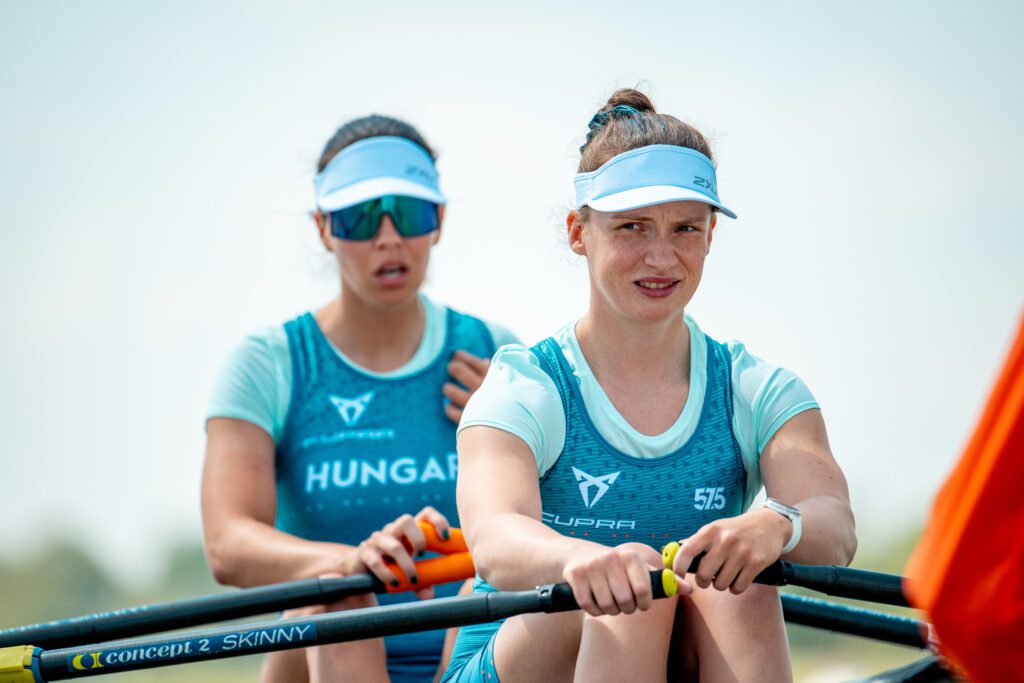Over a year into the pandemic, stuck at home alone and bored during the 2021 Christmas lockdown, I came across an announcement for an open call for television drama scripts at the BBC. Despite having never written a television script in my life, I thought, “why not?”
They say write what you know. I began rowing when I was sixteen at the Marin Rowing Association in California, but being 5’3 I was ultimately told that if I wanted to carry on rowing at a competitive level I would be better off switching to coxing for men. After training with the veterans team at Marin and coxing the club team at UC Santa Barbara, I was recruited to the men’s team at the University of California, Berkeley. After graduating, I moved to England to cox at the Leander Club and ultimately went to Cambridge University to trial with CUBC in the hopes of coxing the Oxford Cambridge boatrace. Therefore, having spent a significant portion of my life rowing, the sport seemed like a good place to start with my writing.
the biggest problem with writing something vaguely autobiographical is trying to answer the question, “Why did this character do this?” as often the answer is, “Because I was an idiot.”
Courtney Wilkinson
It wouldn’t matter which team I chose to write about, every season at every club revolved around the same common mission: to win. Berkeley and Cambridge were unique in that there was only one team we cared about beating. Readers of The Boys in the Boat will know that Berkeley’s rival is the University of Washington, and Oxford is famously the nemesis of Cambridge. As tempting as it was to write a show in response to The Boys in the Boat where Berkeley beats Washington and goes on to win gold at the Olympics, as they did in 1928 and 1932, that genre seemed tapped out.
Also, it seemed wise in writing a show for a submission to the BBC that I would feature the one rowing race they show annually. Thus, the concept for Putney to Mortlake was born.
Anyone who has ever been on a rowing team will know that one thing the sport does not lack is drama, and anyone who has ever watched a rowing race will know that it’s hardly a spectator sport. A show about the rowing itself would get quite tedious, it is after all a sport where the athletes do the exact same thing over and over again. That being said, rowing is quite possibly the most difficult sport to teach someone quickly, as any novice coach can attest to. Not to mention that the Boat Race isn’t your typical race. Teaching a crew to row and a coxswain to steer well on the calmest of water is enough of a mission, but what also makes the Boat Race so unique is that the tideway where it takes place is notoriously one of the most difficult racecourses in the world.
This isn’t even taking into consideration the logistics of filming. When the Social Network was filmed at the Henley Royal Regatta in 2010 they had one lunch hour on the Thursday to capture the ninety-second clip that made the final cut. There were several murmurs of a film needing rowers and coxswains for the scene around the time, and the film ultimately utilised some of Henley’s best athletes from Leander and Henley Rowing Club to fill the seats at the last minute. After being knocked out of the regatta the day before, I watched from the shore as the crews rushed back and forth to capture the footage. Most of the scene was ultimately captured on Dorney Lake, but it was clear from several first-hand accounts that the process was slightly shambolic. Knowing all of this, it was clear that whatever I wrote for television would benefit greatly from taking place mostly on land.
When it came to writing the script, there was no lack of interesting characters or scenarios from my years in the driver’s seat. Having never written a television script, the BBC’s outline as to how the selection process worked largely informed how I wrote the pilot. There were three stages. Every script would have the first ten pages read by a professional script reader, then if the script proceeded to the next stage someone else would read the first thirty pages, and the final stage was a full read of the entire script.
Only having ten pages to grab someone’s attention, the logical opening to the show was the starting line of the Boat Race. The script then flashes back to the beginning of the season and follows the Cambridge crew back up to that moment throughout the rowing season. Because I was trying to make this one script as gripping as possible, I condensed the entire rowing (and television) season into sixty pages. This tactic worked, as eleven months and one interview later I was accepted onto the BBC Voices Programme, which was a six-month crash course in screenwriting and the business of television.
Throughout the six months we had masterclasses on screenwriting, as well as practical discussions on becoming a television writer. The programme was divided into groups based on location, and as I live in Henley-on-Thames, I was placed in the South England group. Each group was paired with a development executive, which in our case was the amazing Simon Nelson, who would offer one on one feedback on our scripts.
The point of the programme was to develop a new concept for a drama series, but I was fortunate enough to also have Simon work with me on developing a series outline for Putney to Mortlake. Throughout our conversations, I realised that the biggest problem with writing something vaguely autobiographical is trying to answer the question, “Why did this character do this?” as often the answer is, “Because I was an idiot.” Thankfully, Putney to Mortlake is not a documentary, it is a comedic drama loosely based on real events that sometimes features what an idiot I was. Think Ted Lasso meets Fleabag.
Unsurprisingly, getting a television show made is not easy. I cannot emphasise how fortunate I have been to have the support of the BBC in writing this script, but that is the first step in many to getting the show to screen. Once a script is written the next stage is getting a production company involved, and then ultimately selling it to a channel or streaming service that will hopefully make the show. This process takes years, which is helpful as it gives everyone finding out right now that I’ve written a show about them ample time to prepare themselves for it.
Making a show about an event that in recent history has been protested for being a symbol of elitism in the UK is also difficult. Getting people to care about characters they want to hate is not easy, but characters don’t have to be likeable, they just have to be interesting. Just look at Succession. Television shows and films such as Anatomy of a Scandal and The Riot Club depict the darkest sides of the universities and the worst possible kind of student, so it’s no wonder people think Oxbridge is full of toff villains.
The aim of Putney to Mortlake is to show normal students who happen to be extraordinary athletes competing in one of the oldest consecutive running sporting events in history. Since 1829 rowers have been going through the same rigorous selection process, and since then they have all juggled this whilst trying to complete their degrees and navigate the stress of entering early adulthood at two of the most difficult universities in the world. Everyone can see eighteen minutes of this story annually on television, but now it feels like time to also see what the athletes go through in the six months leading up to race day.
This article first appeared in Issue 49
